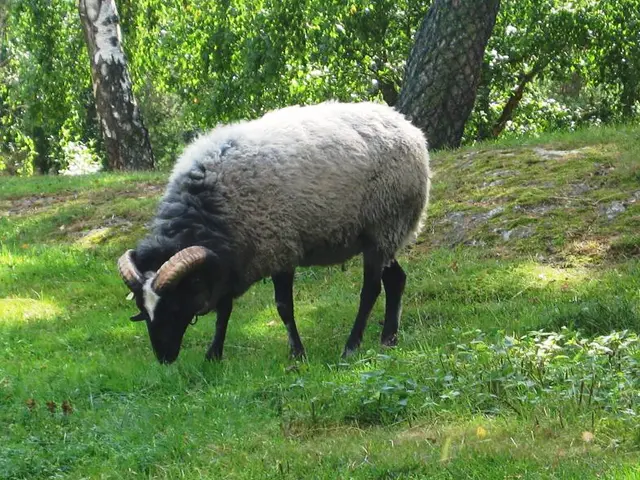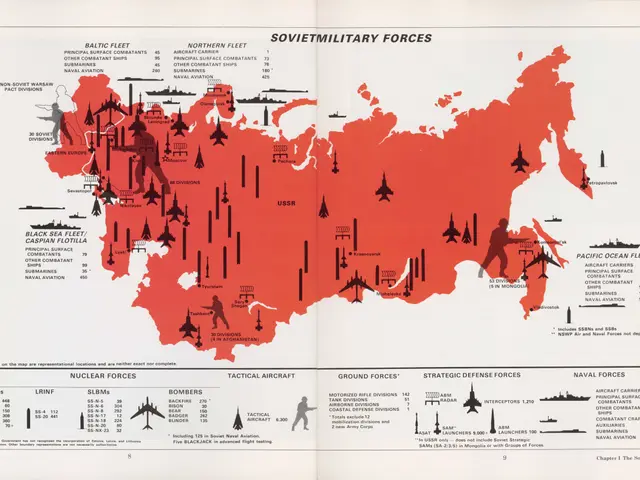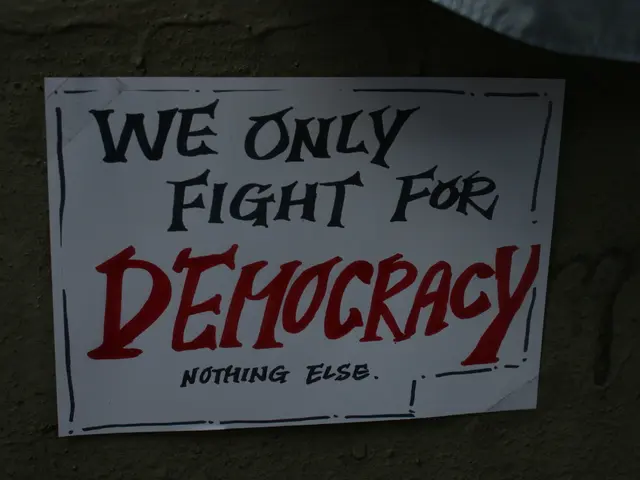India’s Northeast Battles Insurgency, Crime, and Broken Peace Accords
The North-Eastern states of India grapple with complex internal security challenges, with insurgency, ethnic conflicts, and criminal networks plaguing the region. The proximity to the 'Golden Triangle' makes it vulnerable to drug trafficking and arms smuggling, with border towns like Moreh serving as hubs. Porous borders also facilitate safe havens for insurgents, refugee influx, and illegal migration.
Organised crime, such as insurgency groups maintaining a grip on local economies through extortion and levy collection, causes economic stagnation. Groups like the United Liberation Front of Assam (ULFA), National Socialist Council of Nagaland (Isak-Muivah) NSCN(IM), and National Democratic Front of Bodoland (NDFB) engage in extortion, kidnapping, gun-running, and counterfeit currency circulation. The government has pursued multiple peace accords to address these issues, including the ANVC Accord (2014) and Naga Framework Agreement (2015). However, a trust deficit due to the failure to fully implement these accords leads to chronic mistrust toward the government. Political and governance deficits, including weak border infrastructure and poor economic development, also contribute to insurgency in the region.
Communal clashes due to ethnic diversity, such as the Kuki-Meitei conflict in Manipur (2023), occur in the region. Porous borders facilitate refugee influx, with the Rohingya crisis being a notable example. Successful implementation of peace agreements demands inclusive development, dialogue, and a sustained commitment by both government and civil society to ensure lasting peace and progress in the Northeast.
The North-Eastern states of India face significant challenges in addressing insurgency, ethnic conflicts, and criminal networks. While the government has pursued peace accords, implementation gaps and trust deficits persist. To promote stability and progress, inclusive development, dialogue, and robust governance are crucial. The region's porous borders also require attention to curb drug trafficking, arms smuggling, and illegal migration.
Read also:
- Executive from significant German automobile corporation advocates for a truthful assessment of transition toward electric vehicles
- United Kingdom Christians Voice Opposition to Assisted Dying Legislation
- Democrats are subtly dismantling the Affordable Care Act. Here's the breakdown
- Financial Aid Initiatives for Ukraine Through ERA Loans







